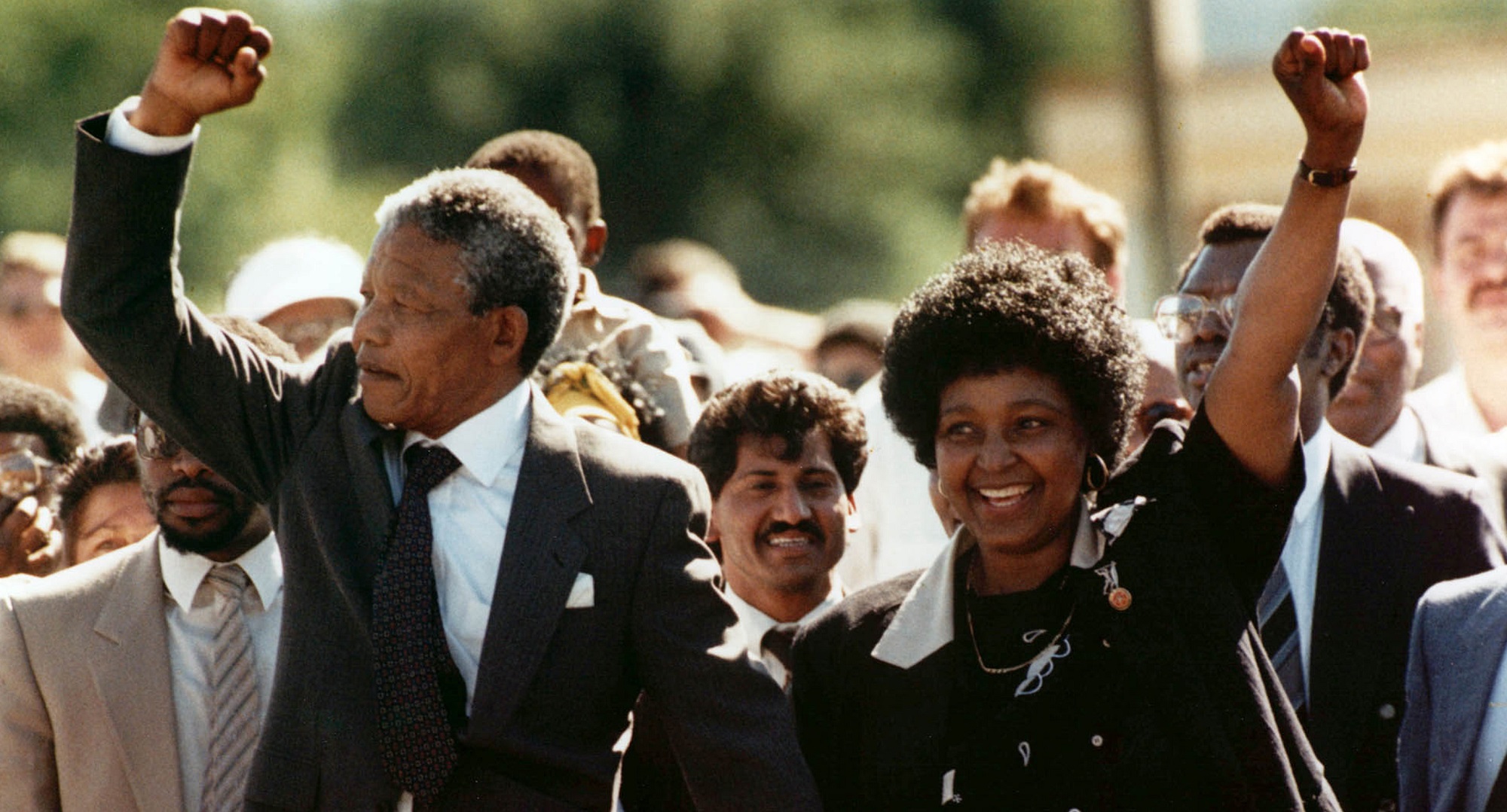When asked to describe herself during her last interview alive, Winnie Mandela said, “I have never regarded myself as an individual, I’m just part of this whole liberation mission. I have never been an individual, so I can’t describe myself outside of the collective.”
Winnie Madikizela-Mandela was a fighter who paid dearly for her politics in ways many will never comprehend. She was widely vilified in contrast to her former spouse whom the world deified. Her testimony at the Truth and Reconciliation Commission on her involvement in Stompie Sempei’s death among other controversies that arose much later in her political career are often cited as reasons for her vilification. Such arguments greatly undermine the sacrifices she paid for the liberation of South Africa.
It is ironic that after decades of enduring physical, mental and political brutality for her nation, they only sought after her testimony on Sempei. Beyond the violent police raids, her incarceration in solitary confinement for 16 months, detention while pregnant and movement bans, she also dearly sacrificed her most basic human experiences as a result of her political activity. She barely had the chance to experience motherhood and has been quoted saying that the most pain she endured was her inability to mother her children due to constantly being detained. She not only struggled to raise her immediate family under constant harassment but also that of her husband while he was imprisoned. She was never given the chance to enjoy her marriage as when her husband was not busy at meetings he was hiding from authorities or imprisoned. She did not have any physical contact with him while he was behind bars for 20 years. She recalls the best years of her life as those that she spent under banning orders because while being detained, “the extreme isolation was extremely difficult.” Imagine describing the best years of your life as those you experienced banished to the confines of your home?
“Freedom was so priceless…you had to make a choice whether to give in or to continue with the struggle because so much was at stake.”
Her choice cost her her family, marriage and motherhood just to mention. As Erin Bates best summarized, “to write Winnie Madikizela-Mandela into history as the evil witch to Nelson Mandela’s spotless wizard would be a grave mistake, and misleading. Like so many things, it is far more complicated than that.”
Her love for people and strong social conscience led her father to encourage her to become a social worker. Graduating top of her class in 1955, Winnie had to make an agonizing decision between a scholarship for further study in the USA and the position of a medical social worker at the Baragwanath Hospital in Johannesburg. Guided by her passion to uplift Black South Africans, she accepted the latter making her the first qualified Black social worker at Baragwanath. Her interest in national politics and involvement in activism grew independently of her former husband whilst working at the hospital. Her work in the Alexandra Township led her reputation to grow expedentionally as she appeared in newspapers as the “girl from Pondoland who came to Johannesburg making a name for herself .”
For the most part of her life, Winnie was the glue that kept Nelson Mandela’s name and mission alive while he was in prison. In fact, their first encounter was when Nelson asked for her help to raise funds for the 140 defendants standing trial in the Treason Trial where he was a key defendant due to her outstanding social work. On her wedding day, her father told her that she was not only marrying the man but also the struggle and rightly so, she quickly discovered that being married to one of the most famous political opponents was lonely and challenging. The parameters of their relationship were determined by Nelson’s commitment to the liberation struggle who was always busy with ANC activities when not behind bars. Winnie lacked knowledge of her former husband’s political activities and even recalls having to visit him clandestinely blindfolded while he was underground. Once Nelson was arrested, Winnie immediately became a target of the Apartheid regime in their efforts to break him. Left alone, constantly harassed and barely able to earn a living, Winnie’s passion for liberation intensified and she even compared it to an opioid. Worried about the safety of his family, Nelson asked Winnie to go to exile with their children and she refused stating that she will fight until her last breathe.True to her words she stayed politically active helping the ANC organize both publicly and underground.
Winnie gave face to a movement when her husband couldn’t and did so with force and stamina.



